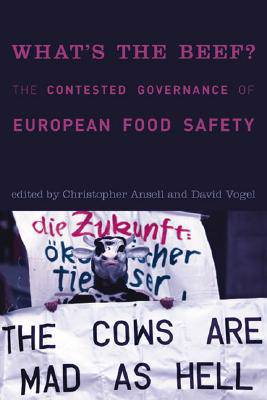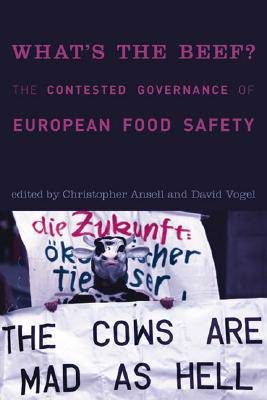
- Retrait gratuit dans votre magasin Club
- 7.000.000 titres dans notre catalogue
- Payer en toute sécurité
- Toujours un magasin près de chez vous
- Retrait gratuit dans votre magasin Club
- 7.000.0000 titres dans notre catalogue
- Payer en toute sécurité
- Toujours un magasin près de chez vous
16,95 €
+ 33 points
Description
Examines European food safety regulation at the national, European, and international levels as a case of "contested governance," illustrating issues of institutional trust and legitimacy.
Spécifications
Parties prenantes
- Auteur(s) :
- Editeur:
Contenu
- Nombre de pages :
- 400
- Collection :
Caractéristiques
- EAN:
- 9780262012256
- Date de parution :
- 31-03-06
- Format:
- Livre relié
- Dimensions :
- 236 mm x 161 mm
- Poids :
- 632 g

Les avis
Nous publions uniquement les avis qui respectent les conditions requises. Consultez nos conditions pour les avis.






